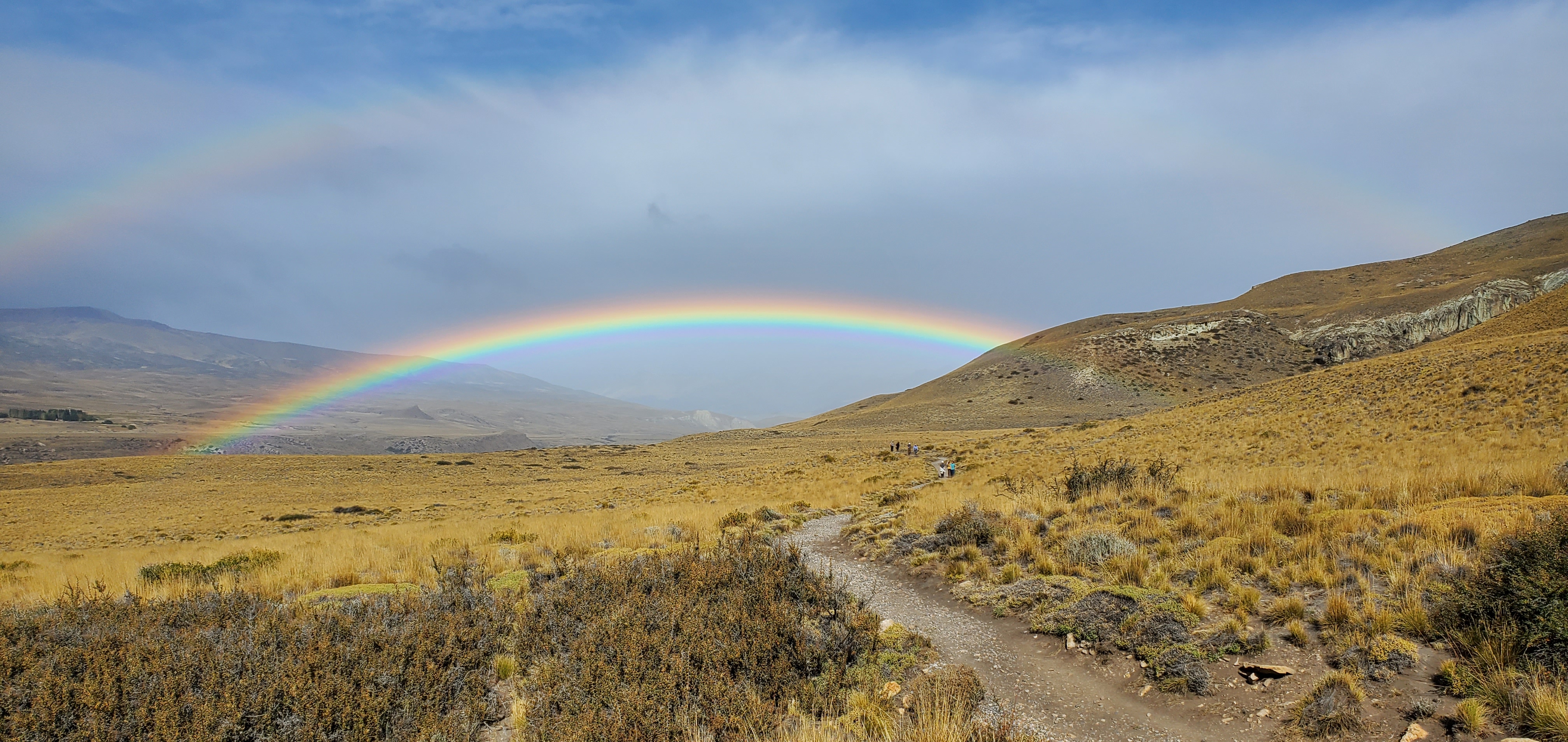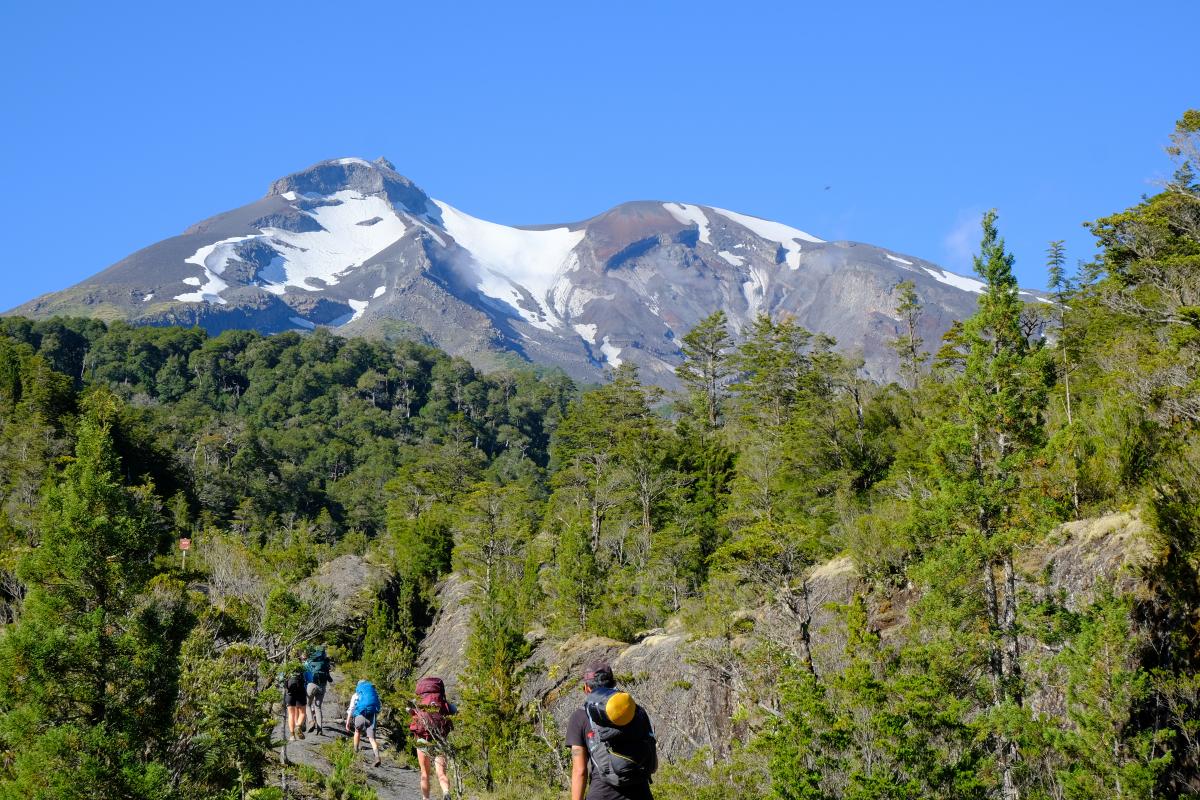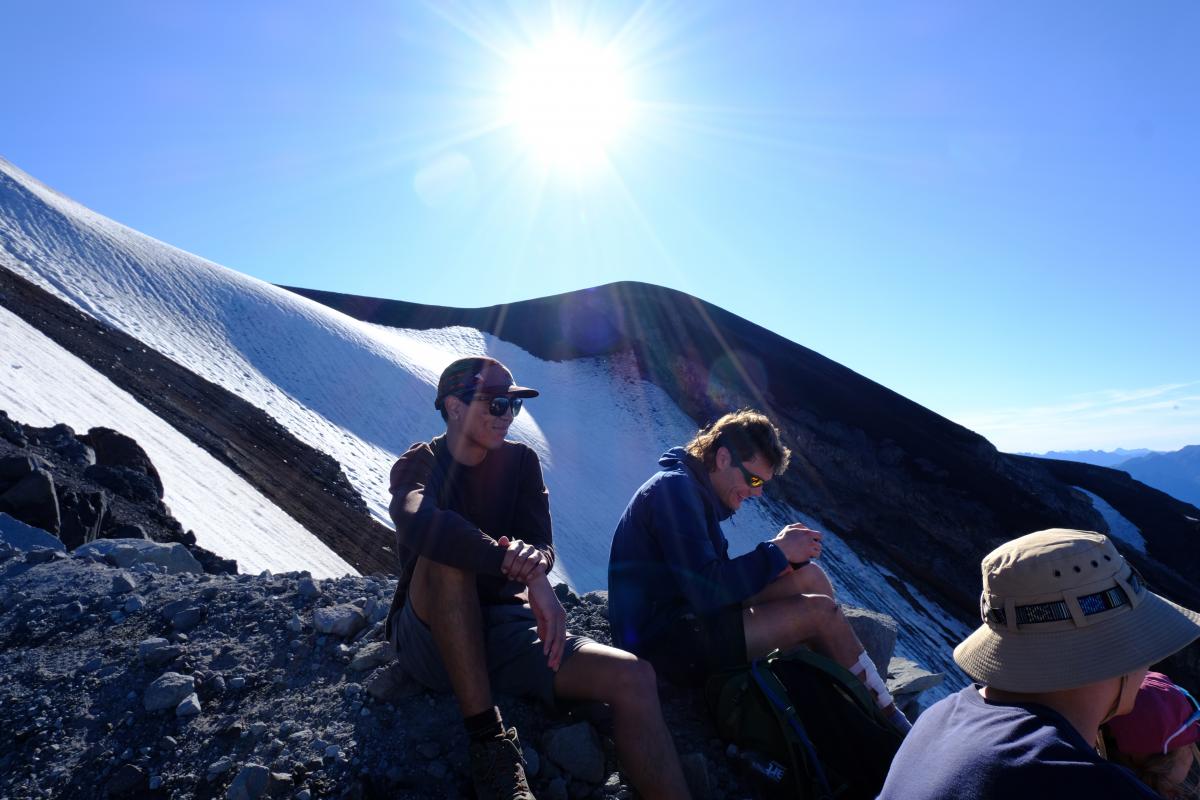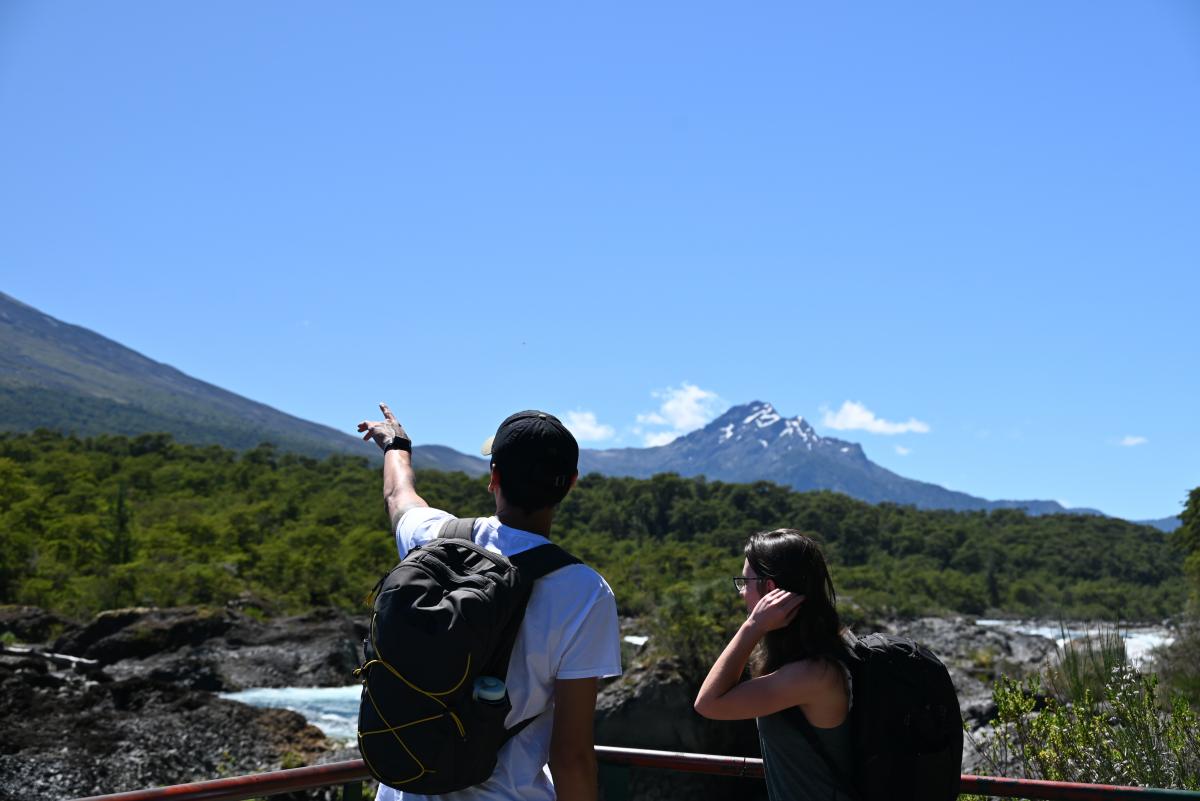About the Program | Academic Information | Accessibility | Costs & Funding | Application | Program Leaders
Aysén and Los Lagos Regions, Northern Patagonia
Winter Term 2026 (January Online, February 2-March 20 in Chile)
Applications Open Now!
Journey with Forestry and Fish & Wildlife faculty to Patagonia in Chile to discover a landscape that will feel at once familiar and starkly new. Chile's diverse forests and dramatic landscapes provide a unique opportunity for students to compare PNW ecosystems with their Chilean counterparts.
Spend your winter term in a new country! You’ll join OSU and Chilean students for 10 weeks in Patagonia learning from top faculty and researchers from the US, Chile, and other countries. This program also includes field trips and a short internship matching your specific interests.
This program builds on a long and rich history of comparative ecology between the US West Coast and Chile that has played a key role in the development of convergent evolution theory, biogeography, and plant ecology. You'll experience Patagonia, visit a stunning lake, hike in the Andes, and learn about the people and their cultural and economic management of forests and natural spaces. In the process, you'll develop friendships and connections with Chilean faculty and students that will influence your subsequent careers and lives.
There are also opportunities for spring term internships in Chile! You can utilize financial aid and earn credit for these internships! To explore internship opportunities in Chile, fill out the internship interest form on this page.
Read about one student's experience in Chile on our blog!
For more information about the course, application process, funding, or other logistical details, please contact Rachael Fahrenbach.
*Check out Ira Ashley's experience in Chile!*
Where to begin?
Spending two months in Chile seemed like a dream before I boarded my first flight out of PDX. I kept telling myself that it wasn’t real until I stepped out of that airport in Puerto Montt. It was a surreal feeling when the realization of being on the opposite end of the world set in. I remember looking at my check-in time for the flight back home, it read “63 days,” and thinking I was in for a real journey. Thankfully though, the first impression was nothing short of amazing! The sky was clear, and the air was brisk, but the sun was sharp, it felt like a welcome tailored for my arrival.
After settling into our new home for the next four weeks, we took to the beach at Lago Llanquihue to enjoy some summer fun in the month of February (for us Oregonians an unheard-of opportunity)! The first chance of many, to bond with the cohort was centered around water activities, inadvertent icebreakers, and laughter. Soon the structure of the program would pick up the pace and everyday was packed to the brim with lectures, guest speakers, and field trips to interact with the many varying biomes of central Chile. Being able to get out and walk in the forest understory, touch the plants and smell the soil, talk about the small, intricate interactions among species that make an ecosystem what it is was invaluable to my learning experience.
Back in the classroom, I had the chance to learn from some of the most respected and knowledgeable instructors that OSU has on the payroll. With experiential knowledge from both the real-world and professional ventures, the instructors provided a space enriched by cultural and technical know-how. It seemed there was no question that could go unanswered because somebody in the room had a solution. An inspiring sentiment sort of washes over you when you get an opportunity learn from people that are passionate about what they do. The cohort saw, early on, how much effort went into this program, so we all spent many days and nights working on projects and presentations while also attempting to inform ourselves by sifting through pages and pages of literature (in Spanish and English), having group meetings, and brainstorming new ways to approach difficult topics. It became a culture of community that was based in research and interest. This was an important dimension for me and really added depth to the worthiness of academic and professional exploration.
I learned in many different ways while in Chile. In ways that taught me how to identify patterns of thinking when it comes to accepting the reality of political, social, economic, and even spiritual or cultural norms. I learned in ways that pushed me to grow as a person through difficulty and uncertainty. I learned in ways that brought me back in time to my primary school days where I used to dream of being in college. All of these new ways of learning put life into view for me. They brought me to a point of clarity in which I can now see that learning, much like life, is and always will be evolving.
Want updates on this program?
Fill out and submit an interest form (below) to receive updates as they become available, including when applications open, when they close, and other important program dates.



